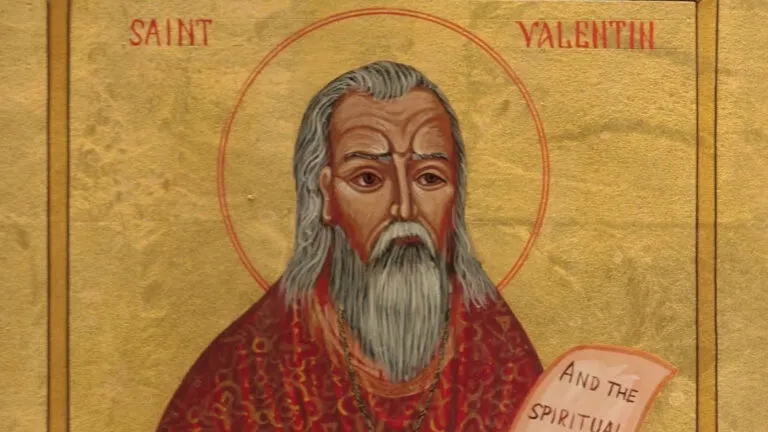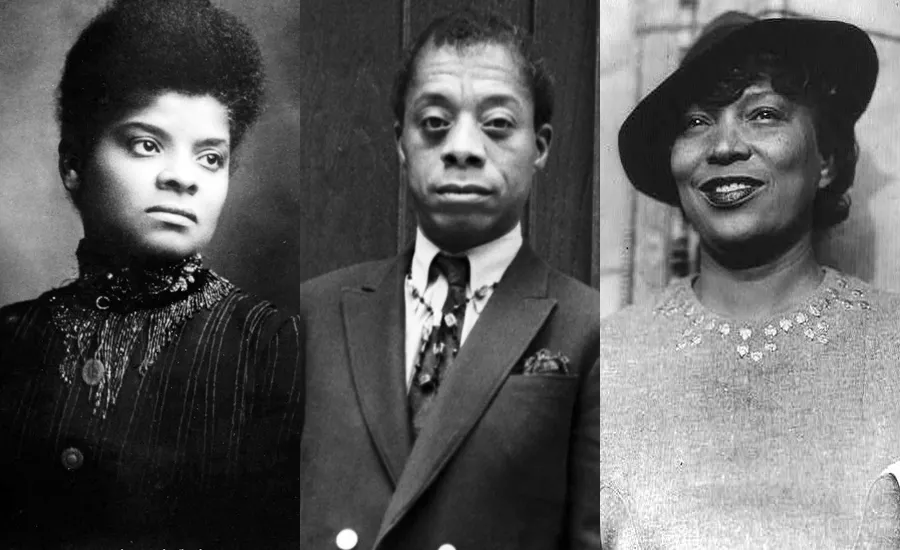One winter morning in 1958, Dave Wilkerson, a skinny country preacher, was sitting in his living room, reading Life magazine. He turned a page and saw a picture of seven boys. That picture was to change his life.
Dave was the pastor of the small Assemblies of God Church in Philipsburg, Pennsylvania. He was at home in the slow-paced rural community; life for him, his wife and three small children was comfortably routine and it probably would have remained that way except for one thing. Dave Wilkerson had turned over his life to God. He had simply handed over his feet and his hands and his heart and asked the Holy Spirit to use them.
For Dave the Holy Spirit was no vague theological term; He was the Spirit of Christ, a living personality to be listened to and obeyed. On that particular morning, looking at the picture in the magazine, Dave Wilkerson began to weep.
It showed seven teenaged defendants on trial in New York City for the death of Michael Farmer, the young polio victim, who was brutally beaten by members of a teenage gang. But it wasn’t the story of the murder itself which especially gripped Dave. It was the faces of the defendants. In their eyes he saw an anger and loneliness he had never known existed. All that day he was drawn to the picture. And during the next week he felt the conviction growing that he himself—David Wilkerson—should take a toothbrush, get into his car, drive to New York where he had never been in his life, and try to help these boys.
At last Dave told his wife. “I don’t understand why,” he said, “but I must go.” It was the boldest step of obedience to the Holy Spirit that he had yet taken. Almost before he knew how it happened, Dave and Miles Hoover, the youth director of his small church, were driving across the George Washington Bridge. It was the afternoon of February 28, 1958.
In New York he parked in front of a drugstore and telephoned the office of the District Attorney named in the article.
“If you want to see the defendants,” he was told, “the judge himself will have to give you permission.” So Dave tried to telephone the judge. He was unsuccessful. But he was not discouraged.
The next day David and Miles went to the trial. All morning they sat quietly, watching the seven young defendants. Toward the end of the court session, Dave popped to his feet, ran down the aisle and stood before the bench. He knew that if he were going to see the judge at all he would have to do it then and there.
“Your honor? Would you do me the courtesy of talking with me for a few s…”
“Get him out of here,” the judge interrupted brusquely.
Two guards swept down on Dave, picked him up by his elbows and rushed him toward the rear of the courtroom. Reporters and photographers jumped to their feet. Flashbulbs popped.
Later it was learned that the judge had been threatened by gang members and had thought the skinny preacher was one of them.
That evening the newspapers carried stories about the Reverend David Wilkerson being ejected bodily from the courtroom. As Dave and his youth director drove home, they were both depressed and confused. What kind of guidance had this been? David remembered Biblical accounts of men who were guided by the Holy Spirit. He’d started his own grand experiment assuming that Christ’s Spirit would guide people today, just as it did in New Testament times. Why, then, was he in trouble?
At home, he and Miles faced a disgruntled congregation, annoyed that their minister had made a public spectacle of himself. And as the days passed, Dave’s confusion increased. Not only was it difficult to explain why he had gotten into such a mess; it was still more difficult to explain why, as soon as possible, he was going back to New York.
But that’s where he was, the next week. When he telephoned the District Attorney’s office a second time he was told that if he wanted to see the boys he needed written permission from each of the parents.
“Fine,” said Dave. “Could you give me their names?”
The line went dead. Dave stepped out of the phone booth. He smoothed out the now crumpled page from Life and scanned the caption. The leader of the boys was named Luis Alvarez. He began to call all the Alvarezes in the telephone book.
In each case the answer was indignant. No, of course they didn’t have a son Luis who was a defendant in the Farmer trial!
Dave was running out of dimes and there were still more than 150 Alvarezes to go. He gave up and stepped outside, praying, “All right, Lord. I just don’t know what to do next. If this is Your business I’m on, then Your Spirit will have to show me the way.”
Dave got into his car and began to drive aimlessly through the strange streets. Eventually he found himself in the heart of Spanish Harlem. Tired of driving, he parked in the first empty space he found. He got out and asked a boy if he knew where a Luis Alvarez lived.
“Luis Alvarez?” said the boy. “You parked in front of his house.” He pointed to a brownstone building. “Fourth floor.”
“Thank you, Lord,” said Dave.
“What you say?”
Dave put his hands on the boy’s shoulder. “Thank you. Thank you very much.”
Dave climbed to the fourth floor, found the Alvarez’ apartment and knocked on the door.
“Come in.”
He pushed the door open and saw a tired-looking man sitting on an overstuffed chair. Señor Alvarez barely looked up. “Ah, here you are, Preacher. I been expecting you. I see your picture in the paper. I say my prayers that you will come.” At last Dave seemed to be getting his go-ahead sign.
Early the next morning he was back at the city jail with seven written permissions to visit the seven boys on trial.
Again he failed.
The jail chaplain, feeling that the boys were in his own spiritual care, refused to allow him entrance. David was crushed. “What are you trying to say to me, Lord?” Dave asked. “Show me where my vision is too small.” He had no way of knowing that this door had to be closed in order for another—much larger—to be opened.
Suddenly a jolting idea occurred to him. Perhaps his vision was too small. Perhaps the Holy Spirit didn’t intend him to work just for the seven defendants in the Michael Farmer trial but for all the lonely, angry kids on the New York streets.
Two weeks later Dave Wilkerson was back in New York. On this trip he brought with him no preconceived ideas of whom he was to help or how. He simply walked the streets, and everywhere he walked he made the same discovery: the picture of him in a New York tabloid that had seemed to Dave like a mockery of his guidance—was his entree to the street gangs of New York. Wherever he went he was recognized, “Hi ya, Preach!” from a cluster of kids on a street corner. “You’re one of us, Davey!” from a tenement stoop.
Soon the churches were asking questions about this man who was “in” where they’d never even had a toe hold. Fifty parishes got together and asked him to conduct a two-week youth revival in St. Nicholas Arena. Five thousand teenagers flocked to hear him. A few months later Dave had a weekly television show where teen-age dope addicts, adolescent alcoholics, and 14-year-old prostitutes told the stories of their conversions. Two years ago Dave moved his family to New York so that he could minister full time to these young people. Today he directs Teen Challenge Center in Brooklyn, a home where boys and girls in trouble can come for a new start—and where the fresh paint, the curtains in the windows, and the new flower beds are largely the work of the kids themselves.
As for the seven defendants in the Michael Farmer trial, three were acquitted; four sent to prison. When Dave visits them at the penitentiary it is no longer as an unknown country preacher begging admission. It is as the man whose results among teen-age hoodlums have people in New York shaking their heads in wonder.
As they say, it’s amazing what can happen when the average man—any average man — lets the Holy Spirit be his guide.
Read David Wilkerson’s inspiring story!





